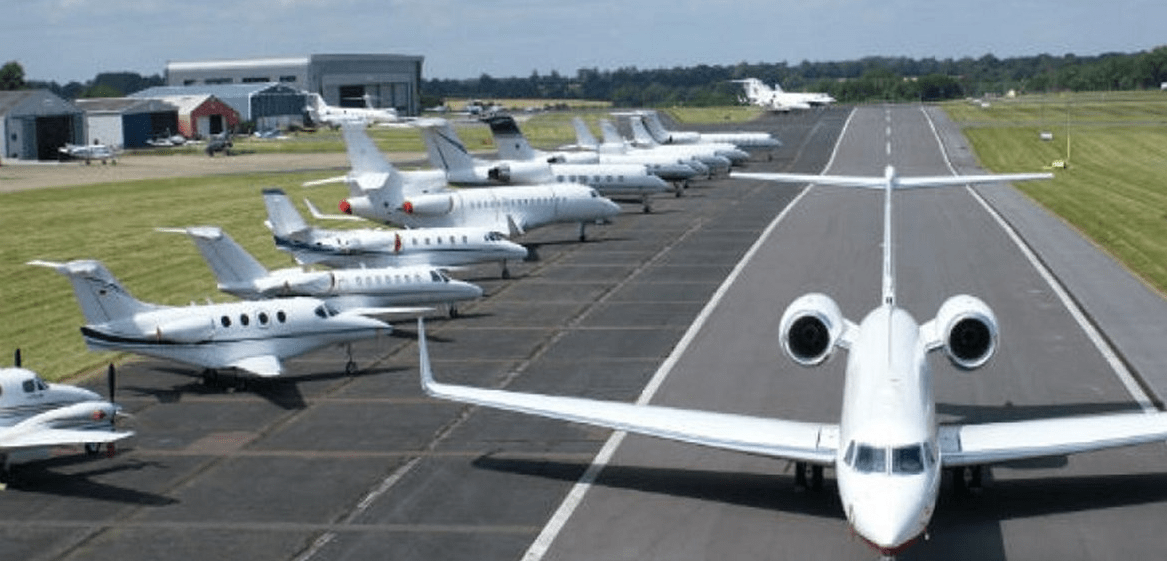Nigeria Customs Service (NCS) says private plane owners would be subject to a fresh verification exercise for documentation amidst concerns they are not paying taxes.
In a press briefing on Monday in Abuja, the Deputy Comptroller of the service, Joseph Attah, said the exercise was necessitated due to the economic and security situation of the country.
Attah added that the exercise would be in strict compliance with all regulations of the country.
He said, “Due to the reluctance of some highly placed individuals to pay taxes, the Nigeria Customs Service will be taking stock of all privately owned aircraft in the country.
“This is to ensure strict compliance with all relevant regulations governing importation of such aircrafts.”
“Consequently, Nigeria Customs Service, in line with its statutory functions as provided for in Part III Sections 27, 35, 37, 45, 46, 47, 52,56,63 & 64; Part XI Sections 144, 145, 155, 160, 161 & 164 and part XII Sections 167, 168, 169 173 & 174 of the Customs and Excise Management Act (CEMA) hereby invites ALL the owners of private aircrafts in the country to come forward with their relevant importation clearance documents for verification.”
He urged private airline owners or their representatives to report to its headquarters in Abuja with Certificate of Registration, NCAA’s Flight Operations Compliance Certificate (FOCC) NCAA’s Maintenance Compliance Certificate (MCC), NCAA’s Permit for Non-Commercial Flights (PNCF) and Temporary Import Permit (TIP) (where application).
He added that the exercise would begin from June 7 to July 6.
The deputy comptroller also revealed that the service generated the sum of N799,024,705,961.00 between January 1 to May 30 2021.
He stated that the sum was higher than the amount generated same period last year to the tune of N226,110,610,991.00.
“The feat was made possible due to strict implementation of all extant rules governing imports, exports and excise in Nigeria, strategic deployment of officers, automation of the processes and regulations, increasing inclination of officers and men to put national interest above selves.”
